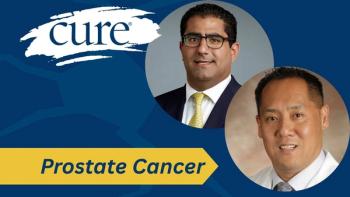
Dr. Joshua Sabai spoke with Dr. Chandler Park about the latest advances in kidney cancer, highlighting clinical trials that are shaping care for patients.

Dr. Joshua Sabai spoke with Dr. Chandler Park about the latest advances in kidney cancer, highlighting clinical trials that are shaping care for patients.
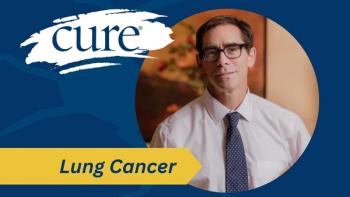
In honor of Lung Cancer Awareness Month, CURE spoke with Dr. Daniel J. Boffa about how the understanding of lung cancer is evolving beyond smoking.

Following the 2025 ESMO Congress, Dr. Joshua Saba sat down with Dr. Chandler Park to discuss recent advances in prostate cancer care.
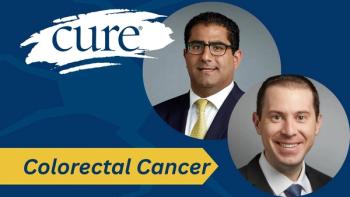
Dr. Joshua Sabari sat down with Dr. Michael Cecchini to discuss advances in colorectal cancer management and key data presented at the 2025 ESMO Congress.

After her own breast cancer treatment, Maureen advocated for legislation to make scalp cooling more accessible for patients seeking to preserve their hair.

Ten years after first being diagnosed with breast cancer, Cynthia Malaran said she still faces some side effects from treatment, but she has found strategies for coping.

Tracy Milgram-Posner sat down for an interview with CURE to discuss BRCAStrong and the impact she hopes to make for anyone with breast cancer.
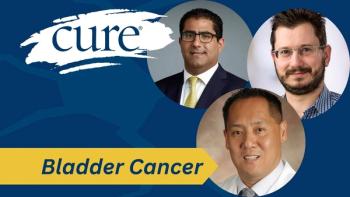
Dr. Joshua Sabari, Dr. Petros Grivas, and Dr. Chandler Park discuss new developments in perioperative therapy for muscle-invasive bladder cancer.
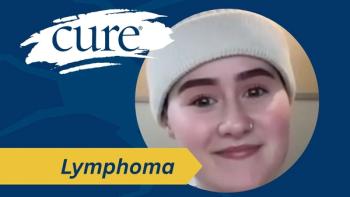
Four-time non-Hodgkin lymphoma survivor Shell Rowe knows very well about the importance of finding the lighthearted side of an otherwise serious situation.
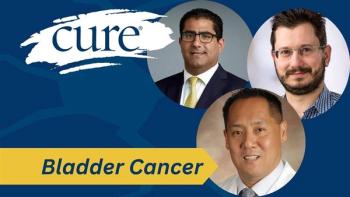
Experts highlight perioperative Padcev plus Keytruda in bladder cancer, showing potential practice-changing results from ESMO 2025 for patients.
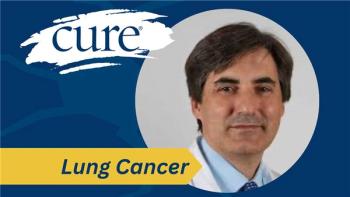
Dr. Mariano Provencio says many patients still face recurrence after lung cancer surgery and perioperative treatment aims to improve survival.
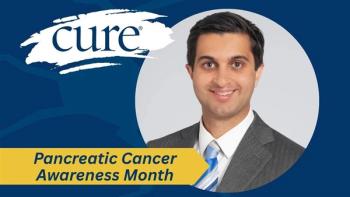
In recognition of Pancreatic Cancer Awareness Month, Dr. Suneel Kamath discussed the importance of directing support toward cancers with the unmet needs.
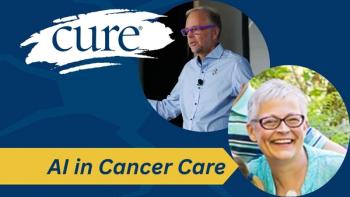
Steve Brown and Lisa Booth sat down for a joint interview with CURE to discuss the future of patient-driven artificial intelligence in cancer care.

Jeannine Walston, who has contributed to CURE since 2015, was diagnosed with a brain tumor in March 1998.
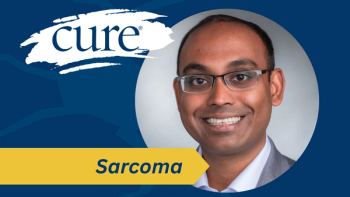
Specialized sarcoma centers enhance coordinated care for young adults, although travel and financial barriers persist, Dr. Vinayak Venkataraman stated.

‘Coping With Cancer in Early Adulthood’ addresses issues of patients 18 to 49 years old.

CURE attended the Hairy Cell Leukemia Foundation 2025 Conference where medical experts gathered to discuss advances in research and patient care.
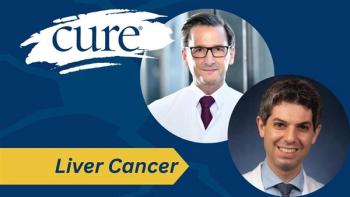
As Liver Cancer Awareness Month ends, Drs. Vogel and Yarchoan highlight the urgent need for greater awareness, support and resources for liver cancer.
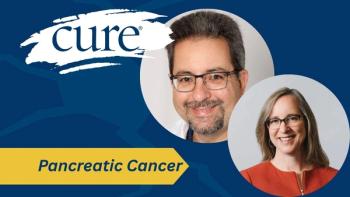
CURE spoke with Dr. Rosario Ligestri and Dr. Anna Berkenblit about the rising rate of pancreatic cancer in relatively younger adults.
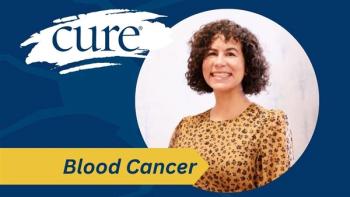
Dr. Dima El-Sharkawi discusses how hairy cell leukemia typically presents in patients and the challenges clinicians face in identifying the disease early.

For Silvia Davis, a breast cancer diagnosis at the age of 36 led to a fertility preservation journey that resulted in her son, John.

Dr. Anjana Pillai says treatment depends on stage and health, with surgery, transplant, local therapy or systemic drugs to help people live longer.
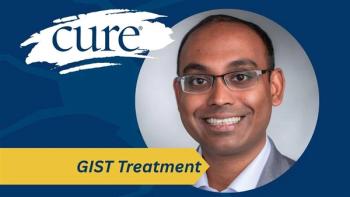
Emerging investigational agents may shift the current standard of care for patients with the rare sarcoma known as gastrointestinal stromal tumor (GIST).

Three experts in breast surgery, medical oncology and reconstructive surgery share their insights on the importance of Breast Cancer Awareness Month.
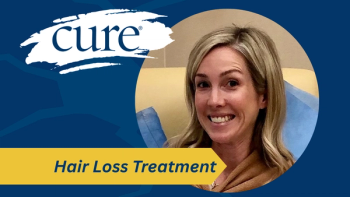
Scalp cooling helped Maureen Green feel more like herself during chemotherapy, giving her control over her appearance at a time filled with fear and uncertainty.
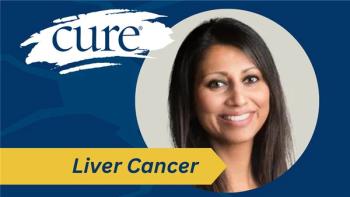
During Liver Cancer Awareness Month, Dr. Anjana Pillai says more treatment options, growing trials and ongoing research offer hope for patients.
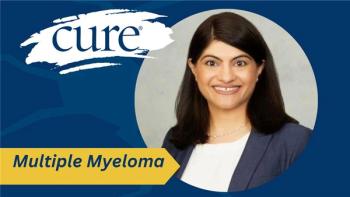
The FDA has approved Blenrep with BVd as a third-line treatment for relapsed or refractory multiple myeloma.
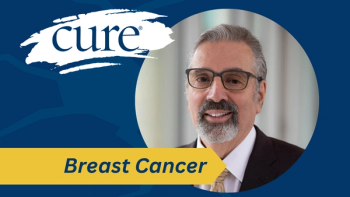
Dr. Sheldon M. Feldman says patients with breast cancer should accept support and make exercise and wellness priorities during treatment to improve outcomes.
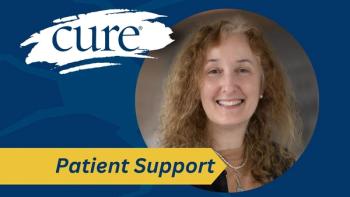
CURE spoke with Alyson B. Moadel-Robblee of Montefiore Einstein Center for Cancer Care.
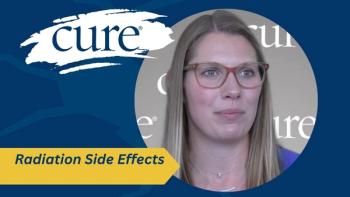
CURE spoke with Alexa M. Lantz of Penn State Health about radiation side effects.